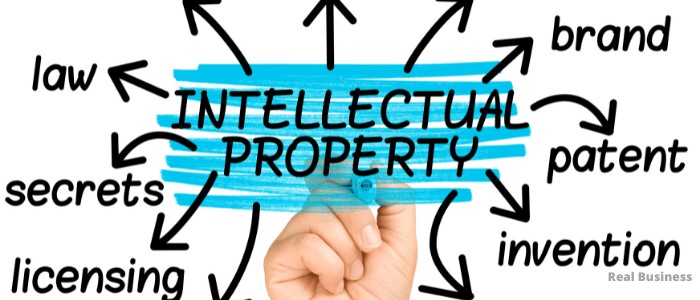Every groundbreaking business begins with an idea. It might hit you in traffic, during a conversation, or at 2:00 a.m. over cold coffee. You write it down, obsess over it, and maybe even begin to build.
But here’s a painful reality most first-time founders learn too late: ideas don’t get stolen—unprotected ones do. Let me give you a real example. In 2022, a young entrepreneur I advised had a promising idea in the fintech space. He put together a minimal prototype, began pitching to potential investors and partners, and started looking for a co-founder. What he didn’t do? Protect his idea. No non-disclosure agreements (NDAs), no trademark filings, no formal registration.
Within six months, a more resourced player—someone he had pitched to—launched an eerily similar product. He didn’t just lose the first-mover advantage. He lost the idea entirely. There was no legal ground to stand on.
If your startup idea is your most valuable asset, then legal protection must be your first investment. Here’s how to protect your idea before you lose it to someone with more speed, money, or legal awareness:
- Document Everything From your earliest brainstorming notes to sketches, timelines, and design drafts—keep records. If push comes to shove, timestamps can establish ownership. Use cloud-based services that store creation dates automatically. Don’t rely on memory.
- Use Non-Disclosure Agreements (NDAs) Before you share your idea with potential partners, freelancers, or investors, make them sign an NDA. It may not be bulletproof, but it creates a clear legal boundary. And if someone violates it, you have a basis to act. Always err on the side of protection, especially during early discussions.
- Register a Trademark Your startup’s name, logo, and slogan are part of your identity. Registering them with the appropriate authority (like the Nigerian Trademark Registry) stops others from using or imitating your brand. In a crowded digital space, brand identity matters—and it’s a legal tool, not just a marketing one.
- Consider Patents (If Applicable) If your idea involves a unique technical process or invention, you may be able to file a patent. Nigeria offers utility and design patents. While the process can be expensive and time-consuming, it gives you exclusive rights to the use and commercialisation of your invention.
- Copyright Your Work If you’ve created original written content, designs, software, or media, it’s automatically protected by copyright the moment you create it. However, registering the copyright formally strengthens your claim and gives you a clearer path to enforcement.
- Set Up a Legal Entity Early Register your business with the Corporate Affairs Commission (CAC). Whether you choose a Business Name, Limited Liability Company, or another structure, this gives your idea a legal shell, separates your personal liability, and signals to investors that you mean business.
Startup theft is not a myth. It happens quietly. No alarms. No lawsuits. Just the slow, painful realisation that someone ran with your idea because you didn’t protect it. In today’s fast-moving business environment, having a great idea is no longer enough—securing it is what separates dreamers from real founders.
Legal protection isn’t just paperwork; it’s your first act of ownership. Whether you’re building a tech startup, launching a fashion brand, or creating a nonprofit solution, make it a rule: don’t talk big until you’ve locked it down legally. Because in the end, what you protect is what you truly own. Brilliance is not enough. Legal protection is the seatbelt every founder needs.
Opeyemi Oladimeji (LLB, MSc, MBA, NPLM, ACIPM) is the Lead Consultant of DMJ-Global Consulting Limited, and the Team Lead of Future Builders Initiative (FBI). He is a researcher, legal & business analyst, and nonprofit leader specializing in management, resource mobilization and corporate governance. He helps entrepreneurs and organizations build strong foundations for sustainable growth. Need my service? Reach me through dmjglobalconsult@gmail.com

